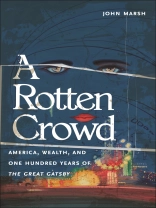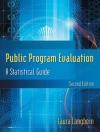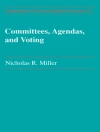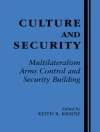A look at how much, and how little, has changed about class in America
One century ago, F. Scott Fitzgerald invited us into the lives of the “rotten crowd, ” Jazz Age Americans with far more money than morals. In “A Rotten Crowd”: America, Wealth, and One Hundred Years of The Great Gatsby, John Marsh welcomes us back to Fitzgerald’s world to examine the rich and their reckless approach to human relationships, their poor taste in friends, and the harm they cause. Marsh leads us to wonder: What kinds of waste—economic, environmental, emotional—accompany a culture of wealth? What kinds of relationships do the wealthy form with those they rely upon to maintain their power—and how does capitalism and the need for the accumulation of wealth influence the bonds the rest of us form? On a surface level, how do the clothes people wear signal their status—and how do those fashions trickle down to the rest of us? And on a deeper level, how does racism drive a wedge between those who might otherwise stand up to the rich? As we move between 2025 and 1925 to consider how much—or little—has changed in the interim, A Rotten Crowd helps us discover what we can do about the obscene concentration of wealth in America today.
Despre autor
John Marsh is associate professor of English at Penn State University. He is the author of two previous books: Class Dismissed: Why We Cannot Teach or Learn Our Way out of Inequality and Hog Butchers, Beggars, and Busboys: Poverty, Labor, and the Making of Modern American Poetry. Marsh is also the editor of You Work Tomorrow: An Anthology of American Labor Poetry, 1929-1941. He lives in State College, Pennsylvania, with his wife and daughter.












